The McKinsey Way
Summary:
It's been called "a breeding ground for gurus." McKinsey & Company is the gold-standard consulting firm whose alumni include titans such as "In Search of Excellence" author Tom Peters, Harvey Golub of American Express, and Japan's Kenichi Ohmae.
When Fortune 100 corporations are stymied, it's the "McKinsey-ites" whom they call for help. In “The McKinsey Way”, former McKinsey associate Ethan Rasiel lifts the veil to show you how the secretive McKinsey works its magic, and helps you emulate the firm's well-honed practices in problem solving, communication, and management.
He shows you how McKinsey-ites think about business problems and how they work at solving them, explaining the way McKinsey approaches every aspect of a task:
How McKinsey recruits and molds its elite consultants;
How to "sell without selling";
How to use facts, not fear them;
Techniques to jump-start research and make brainstorming more productive;
How to build and keep a team at the top its game;
Powerful presentation methods, including the famous waterfall chart, rarely seen outside McKinsey;
How to get ultimate "buy-in" to your findings;
Survival tips for working in high-pressure organizations.
Both a behind-the-scenes look at one of the most admired and secretive companies in the business world and a toolkit of problem-solving techniques without peer, “The McKinsey Way” is fascinating reading that empowers every business decision maker to become a better strategic player in any organization. (Summary and cover courtesy of goodreads.com)
Review:
The main reason I read this book was because I was told while doing my MBA that it was a “classic” and that it’s a “must-read” for anyone considering strategy consulting. Having worked in consulting I felt like I had a pretty good sense of what it’d be about, but I decided to give it a go. One thing is for certain – this book confirmed that I never want to work for McKinsey Consulting. Frankly, I think the book feels quite dated at this point and at times had a vaguely misogynistic undertone.
If you’re looking for a toolkit for being a better consultant you will be disappointed, but if you’re new to consulting and looking for interview help the book may help with some of the vocabulary. The other audience who may find it useful are those who are fresh out of college and don’t have much experience under their belt yet.
Rating: 2 stars!
Who should read it? Only people interested in working for the company.


